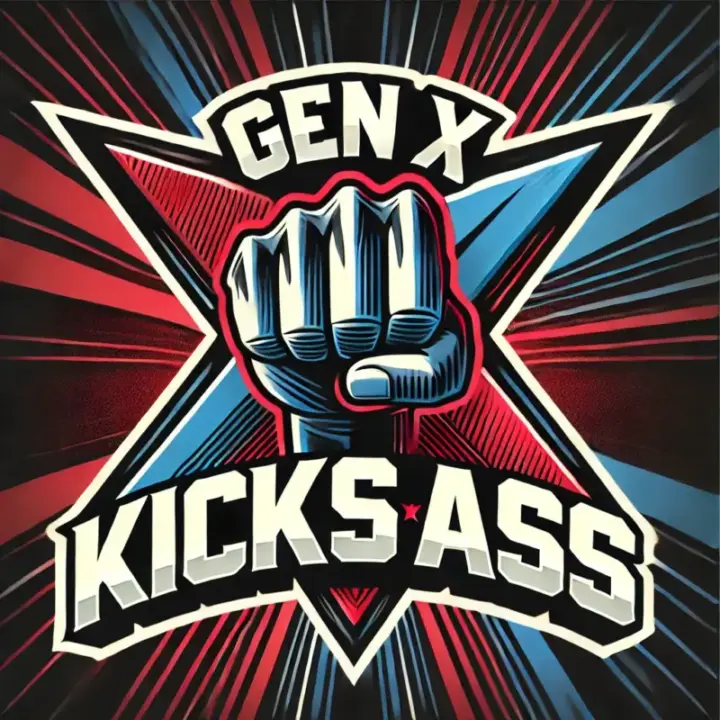Over the past hundred years, America has witnessed a fascinating paradox—one that becomes particularly glaring when viewed through the lens of Generation X, the cohort that has seen the ebb and flow of both state and market power. Many who wave the red, white, and blue, proclaiming their undying love for America and its capitalist foundations, often find themselves in a contradictory position. They extol the virtues of free-market capitalism, yet, when faced with the realities of true competition, their cries for protectionism reveal an uncomfortable truth.
For decades, industries have thrived under the protective wing of government regulations, shielding them from the very competition that capitalism is supposed to champion. These periods of protection are often remembered fondly as “the good old days”—times when businesses flourished, markets were stable, and profits were steady. However, these memories are selective, ignoring the fact that the success many remember was bolstered by a system designed to limit competition, not foster it.
When the government withdraws these protections, deregulation sets in, and the purest form of capitalism—dog-eat-dog competition—emerges. Suddenly, the same voices that once praised the free market now lament the hardships of competition. They argue that the economy is being destroyed, that the little guy is being trampled, and that something has gone terribly wrong. In reality, what they are experiencing is the unvarnished truth of capitalism—a system that, by its very nature, involves risk, uncertainty, and the potential for loss.
True capitalism is not about safety nets or guaranteed success. It’s about innovation, competition, and, yes, sometimes failure. This harsh reality is not a defect of the system but a feature. Yet, many self-proclaimed patriots who champion individual liberty and free markets find themselves uncomfortable with these realities. They prefer the comforting embrace of regulation and protection, which provides a cushion against the hard knocks of true competition.
Generation X, a cohort that came of age during a time of significant economic transformation, has a unique perspective on this issue. We’ve seen the tail end of the protectionist policies that benefited the baby boomers and the dawn of a more deregulated, globally competitive economy. We’ve witnessed firsthand the discomfort that arises when the safety nets are removed and the market is allowed to function as intended.
As Gen Xers, we’ve been told that we are the last generation to enjoy a certain level of economic stability before the full effects of globalization and deregulation took hold. Yet, we also understand that the security of the past was, in many ways, an illusion—one that was propped up by government interventions that are antithetical to the true spirit of capitalism.
The question we must ask ourselves is whether we are willing to embrace the uncomfortable truths of capitalism or continue to cling to the false security of protectionism. If we claim to value individual liberty and free markets, we must accept that competition will not always be easy or fair. We must recognize that the warm, fuzzy feeling of safety and protection is not the foundation of capitalism but rather a distortion of it.
In the end, being a true patriot, especially from a Gen X perspective, means embracing the risks and uncertainties that come with a free-market economy. It means acknowledging that the government’s role is not to protect us from competition but to ensure that the market remains open, fair, and competitive. Only then can we truly honor the principles of liberty and capitalism that we so often claim to hold dear.
This article is a call to my fellow Gen Xers to reflect on these contradictions and to challenge the comfort we may have grown accustomed to. If we are to be true patriots, we must resist the temptation to let the “yeast” of protectionism permeate the “dough” of our economy. Instead, let’s bake a loaf that is truly grounded in the principles of competition, innovation, and individual liberty—the very foundations of the America we claim to love.
